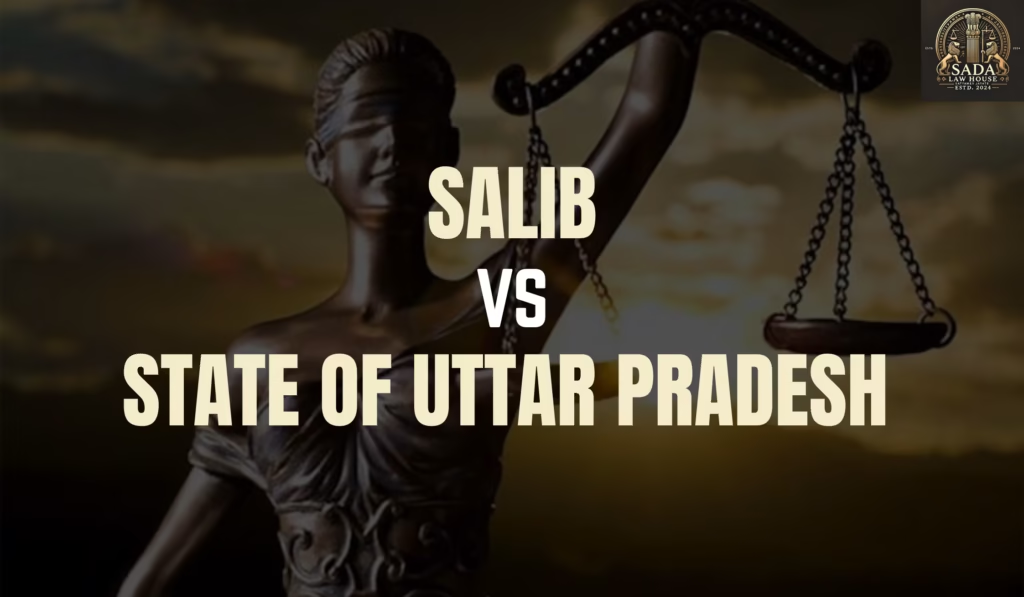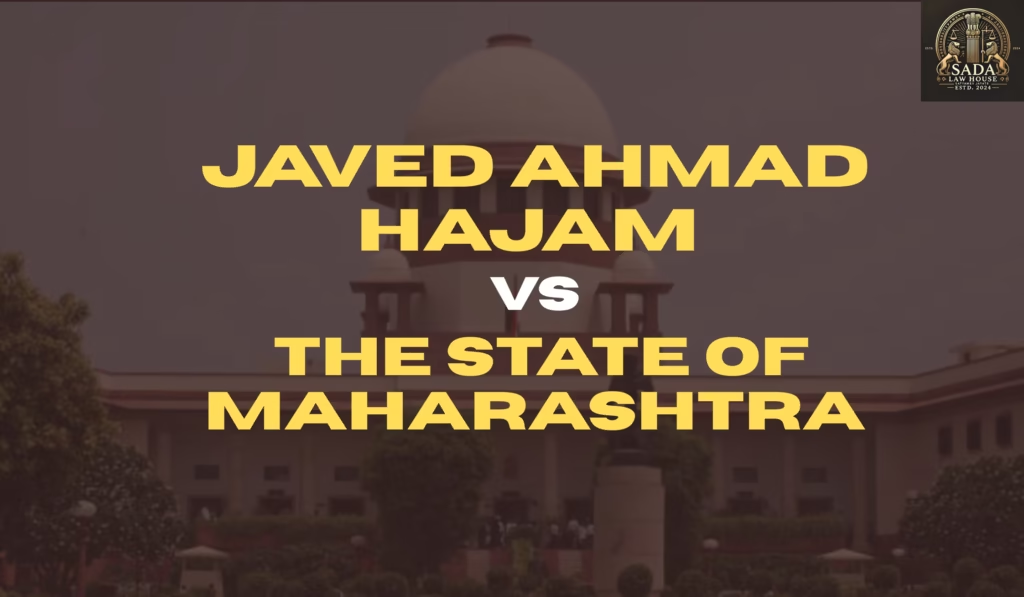HDFC Bank CEO Sashidhar Jagdishan Moves Bombay HC to Quash FIR in ₹2 Crore Bribery Case Filed by Lilavati Trust
Trending Today HDFC Bank CEO Sashidhar Jagdishan Moves Bombay HC to Quash FIR in ₹2 Crore Bribery Case Filed by Lilavati Trust IPS Officer’s Husband Arrested in ₹7.2 Crore BMC Redevelopment Scam: Mumbai EOW Crackdown Sparks Integrity Debate Bombay High Court Orders Strict Action Against Illegal Occupants in MHADA Transit Homes Ex-Lilavati Hospital Trustee Chetan Mehta Seeks Bombay High Court Relief in ₹1,243 Crore Fraud Case INTERNSHIP OPPORTUNITY AT CODITAS, PUNE LEGAL JOB OPPORTUNITY AT SARVAANK ASSOCIATES, BENGALURU LEGAL JOB OPPORTUNITY AT SULLAR LAW CHAMBERS, CHANDIGARH LEGAL JOB OPPORTUNITY AT PEOPLE PRIORITY HR PARTNERS, DELHI LEGAL JOB OPPORTUNITY AT GODREJ INDUSTRIES GROUP, MUMBAI LEGAL JOB OPPORTUNITY AT YASH TECHNOLOGIES, INDORE HDFC Bank CEO Sashidhar Jagdishan Moves Bombay HC to Quash FIR in ₹2 Crore Bribery Case Filed by Lilavati Trust KASHISH JAHAN 25 June 2025 HDFC Bank CEO Sashidhar Jagdishan moves the Bombay High Court to quash an FIR filed by Lilavati Trust in a ₹2 crore bribery case. The case raises key legal issues under Sections 420 and 409 of the IPC and the misuse of criminal law in corporate disputes. HDFC Bank CEO Seeks Quashing of ₹2 Crore Bribery FIR In a major legal development, HDFC Bank Managing Director and CEO, Sashidhar Jagdishan, has filed a petition in the Bombay High Court to quash a First Information Report (FIR) filed against him. The complaint was initiated by the Lilavati Kirtilal Mehta Medical Trust in connection with an alleged ₹2.05 crore bribery scandal involving accusations of cheating and criminal breach of trust. Legal Charges Framed Under the Indian Penal Code (IPC) The FIR names Jagdishan and others under the following sections of the Indian Penal Code (IPC): Section 420 IPC – Cheating Section 409 IPC – Criminal Breach of Trust Jagdishan’s legal team has argued that the charges are entirely unfounded and are part of an effort to criminalize a civil or commercial disagreement. Nature of the Allegations by Lilavati Trust The FIR alleges that senior officials from HDFC Bank, including Jagdishan, were involved in facilitating bribes intended to sway a legal matter in favor of the trust. These accusations are at the heart of a larger corporate dispute involving high-profile entities. Key Individuals and Entities Involved Sashidhar Jagdishan – HDFC CEO, who has denied all allegations and is seeking to quash the FIR. Lilavati Trust – The complainant in the case, alleging misconduct by HDFC officials. Bombay High Court – Two judges have recused themselves due to potential conflicts, and a new bench is to be formed. Recent Developments in the Court Proceedings The legal proceedings have been temporarily delayed as two judges assigned to the case recused themselves. This was reportedly due to potential conflicts of interest. A fresh bench will soon be appointed to hear the matter. Broader Implications for Corporate Legal Disputes This case underscores significant concerns regarding the misuse of criminal law in corporate disputes. Legal experts argue that it sets a dangerous precedent when civil disagreements are escalated into criminal matters without substantial evidence. Constitutional and Legal Relevance Under Article 21 The ongoing case also touches on fundamental constitutional protections, particularly the right to a fair trial and protection from arbitrary prosecution under Article 21 of the Constitution of India. Legal commentators stress the importance of upholding due process and ensuring that criminal law is not weaponized in civil disputes. Leave a Reply Cancel Reply Logged in as Sada Law. Edit your profile. Log out? Required fields are marked * Message* Live Cases HDFC Bank CEO Sashidhar Jagdishan Moves Bombay HC to Quash FIR in ₹2 Crore Bribery Case Filed by Lilavati Trust Sada Law • June 25, 2025 • Live cases • No Comments IPS Officer’s Husband Arrested in ₹7.2 Crore BMC Redevelopment Scam: Mumbai EOW Crackdown Sparks Integrity Debate Sada Law • June 25, 2025 • Live cases • No Comments Bombay High Court Orders Strict Action Against Illegal Occupants in MHADA Transit Homes Sada Law • June 25, 2025 • Live cases • No Comments 1 2 3 … 5 Next »



